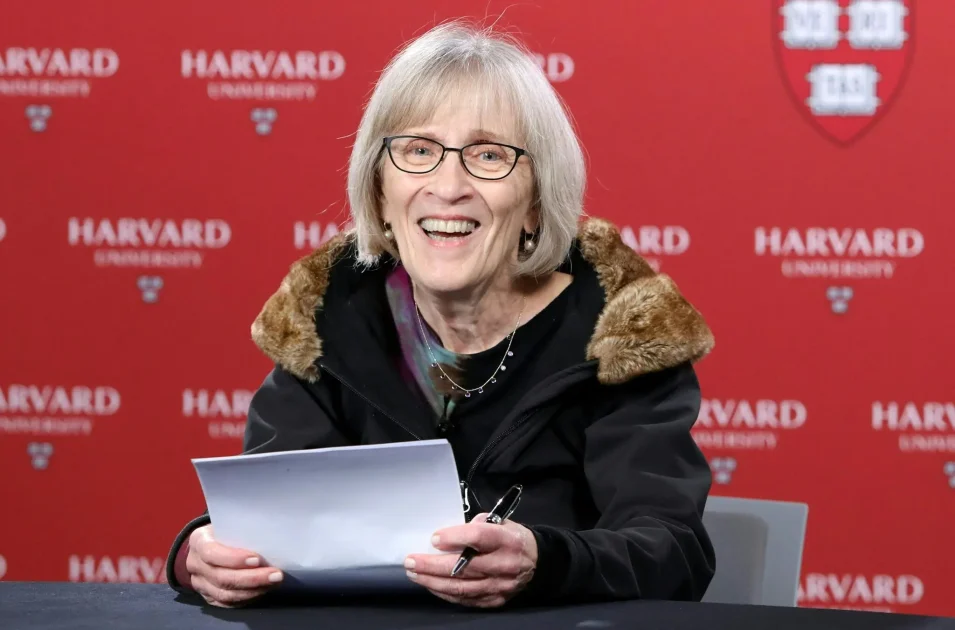Claudia Goldin is widely recognized as the third woman to win the Nobel Prize in Economics. But not everyone knows about her amazing story.
From a young age, Claudia Goldin showed a strong interest in understanding the world around her. At first, she was interested in archaeology. But her passion for discovering hidden truths took a big turn when she started learning about economics with Alfred Kahn during her second year at Cornell University.
After graduating with a Bachelor’s degree in economics in 1967, Goldin didn’t stop there. She continued her studies and earned a Master’s degree in Economics from the University of Chicago in 1969. Then, she went on to get her PhD in industrial organization and labor economics from the same university in 1972.
Goldin’s academic journey took her through some of the most prestigious institutions in the United States, including the University of Wisconsin, Princeton University, and the University of Pennsylvania, before she found her academic home at Harvard University in 1990. It was at Harvard where she achieved a significant milestone, becoming the first woman to receive tenure in the economics department.
Throughout her impressive career, Goldin has focused on understanding and simplifying the challenges that women face in participating in the economy.
It wouldn’t be wrong to state that Goldin’s research revolutionized how we understand the gender pay gap.
Goldin made it crystal clear (and proven) that it’s not just about differences in education or jobs – it’s also about being a mother. By looking at more than two hundred years of job data in the U.S., she proved that being a mother affects how much women earn compared to men. She highlighted the struggles that mothers face in trying to balance their jobs with taking care of their families.
What’s even more interesting is that Goldin doesn’t have children. This adds a personal angle to her theory that raising children might be a factor holding some women back from reaching top positions in their careers.
One of Goldin’s most interesting studies looked at how the birth control pill has helped women in their careers. By giving women more control over when they have children, the pill has allowed them to focus more on their education and careers. This has opened up more opportunities for women to succeed in their chosen paths.
October 2023 was when Goldin’s groundbreaking work in economics rightfully received the Nobel Memorial Prize in Economic Sciences, the highest recognition possible. This prestigious award honored her exceptional insight into women’s experiences in the job market and her commitment to uncovering important truths in the face of difficult socio-economic issues.
Goldin’s research revealed how unfair biases based on gender can keep women from succeeding. She did a study on blind auditions for orchestras, where musicians played behind screens so no one could see who they were. This simple change led to more women being hired because it took away the bias against them. It also showed that talent in music isn’t about gender.
Getting to the point where she won the Nobel Prize wasn’t easy for Goldin. She had to deal with doubt and pushback, especially because economics is mostly dominated by men.
When Goldin became the third woman to win the Nobel Prize in Economics, it was a big deal not just for her, but for women everywhere. Her research showed how important women’s contributions are to the economy. It inspired others to challenge unfairness and work towards equality.
In the words of Goldin herself, “Parenthood is part of the steep climb during which mothers slow down, reduce their hours of work, and occasionally leave employment for some time or shift into less time-intensive jobs and firms. But there is a moment when childcare demands greatly lessen, and women can increase their hours of paid work and assume greater career challenges.”








Three Women Who Have Won Nobel Prize in Economics - Investmentals
[…] Claudia Goldin’s Journey to Nobel Prize in Economics […]